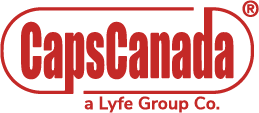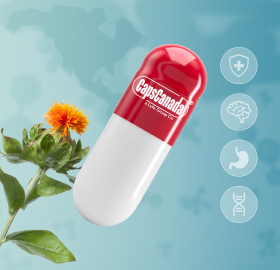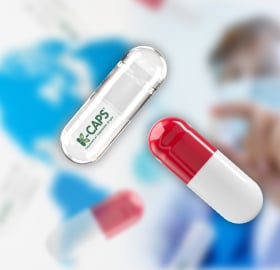This summer the U.S. inflation rate hit a four-decade high, and both consumers and corporations are reeling from the impact. Of course, the U.S. economy is not the only economy that has been hit with sky-high inflation, as inflation is rising around the globe. Many pharma companies feel that they’ve been hit especially hard by inflation, as the price increases of many excipients (i.e., inactive ingredients used in pharma formulations) have far outpaced the inflation rate.
Some sources report that the global prices of some pharma excipients increased 40% between 2019 and 2021,[i] while others say that excipient prices have increased 15 to 200%![ii]
What’s going on with the excipient supply?
The problems with the excipient supply have been caused by a confluence of issues:
- Supply chain disruptions – The COVID pandemic has caused severe supply chain disruptions in just about every industry, including the industry that supplies the raw materials for medicines. Plus, because so many excipients are sourced from China, ongoing COVID lockdowns in China continue to exacerbate the problem.
- Increased demand for pharmaceuticals – In 2021 the demand for pharmaceuticals rebounded to above the pre-COVID level. This increased pharma demand was due to a number of factors, including demand for drugs to treat COVID, the resumption of demand for all the healthcare that was postponed during the pandemic, and an increase in demand for preventive healthcare (possibly due to how the pandemic increased awareness about health). While demand for pharmaceuticals in general has increased, there has also been a growth in demand for generic brands in particular.
- Higher energy costs – Even before the war in Ukraine caused disruptions in the global energy supply, bottlenecks from other causes had already resulted in a surge in the cost of natural gas and electricity in many parts of the world. The war has only made things worse. These increased costs make it more expensive to manufacture excipients.
- Higher freight costs – The pandemic also caused a big surge in global container freight rates. For example, the Shanghai Containerized Freight Index spot rate on the Shanghai-Europe route was less than $1,000 per 20-foot container in June 2020. By the end of 2020 this had jumped to $4,000, and by July 2021 it was $7,395.[iii] Although, thankfully, freight costs have come back down from their highs, they’re still significantly above 2019 levels.
- Higher costs for packaging materials – It’s not just the cost of the excipients themselves that has increased. Even the cost of the packaging materials needed to ship these raw materials has increased.
API prices have also skyrocketed
As pharma companies well know, there’s really a “double whammy” going on here. The prices of API (active pharmaceutical ingredient) have been affected by all of the same factors, and are therefore also rising. Also, because so many APIs are sourced from China, API prices tend to be especially vulnerable to disruptions in China. As is well-known, the Chinese government’s “zero tolerance” policy regarding COVID outbreaks has caused severe supply chain disruptions there, as sectors of the country have repeatedly been put on total lockdowns.
What’s being done to reduce the risk?
At the national level, there has been a push to reduce reliance on imports. Localization of the pharma supply chain is now a key goal in the U.S. and Europe.
At the company level, steps taken have included diversifying raw material sourcing, embracing continuous manufacturing instead of batch manufacturing, and making greater use of digital technologies. These efforts are paying off, as excipient prices are now beginning to stabilize.
REFERENCES:
[i] Kline Group, “Here’s Why Excipient Prices Have Skyrocketed Around the World,” September 13, 2022, https://klinegroup.com/heres-why-excipient-prices-have-skyrocketed-around-the-world/
[ii] Ramesh, Sreeja, “Rising input costs continue to take a toll on pharma industry,” 21 July 2022, https://www.bizzbuzz.news/eco-buzz/rising-input-costs-continue-to-take-a-toll-on-pharma-industry-1153764
[iii] UNCTAD, “High freight rates cast a shadow over economic recovery,” 18 November 2021, https://unctad.org/news/high-freight-rates-cast-shadow-over-economic-recovery













